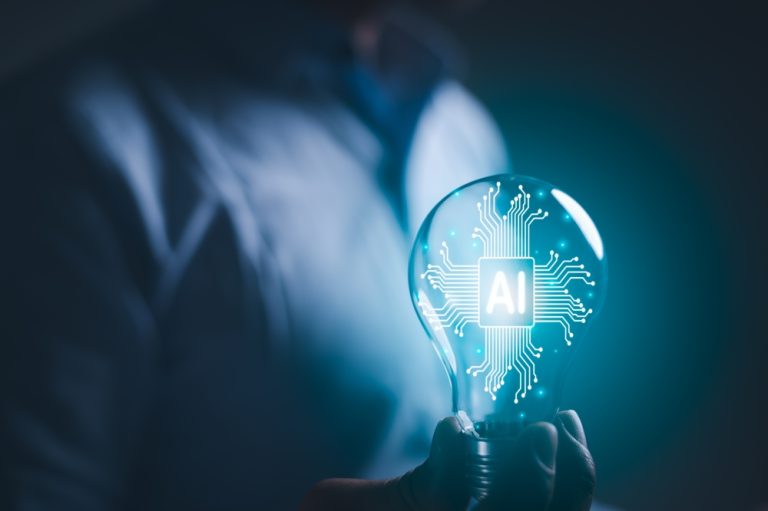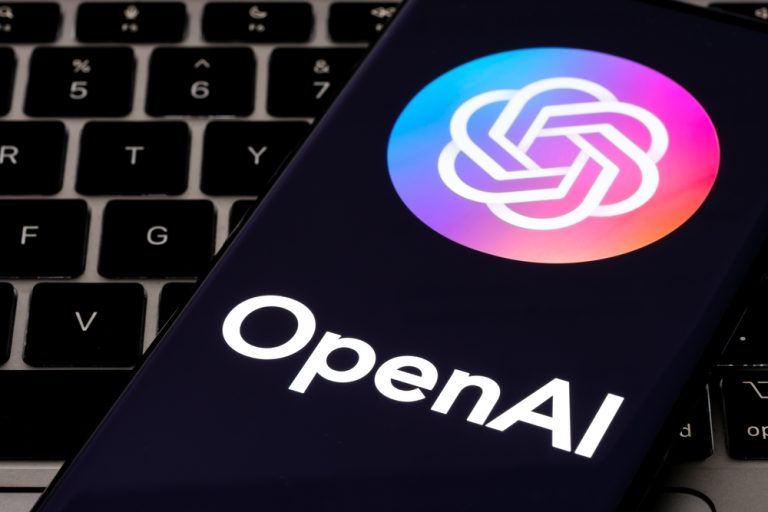As the digital world watches with bated breath, Apple finds itself the latest titan in the tech industry under intense scrutiny from the U.S. government. The essence of the lawsuit strikes at the core of Apple’s identity and its storied relationship with its dedicated fanbase. Apple’s journey from an innovative tech firm to a $2.6 trillion behemoth is a testament to its unique approach to technology and customer engagement. Yet, this path has led to significant legal challenges, including allegations of monopolistic practices.
Apple has always stood out for its distinctive appeal to consumers. Whether it’s the enthusiasm that greets each new feature at Apple events or the dedicated customers camping outside stores for the latest product, the brand has cultivated a loyal following unmatched in the industry. Leander Kahney, in his book “The Cult of Mac,” captures this phenomenon, describing Apple as a “strange drug” that consumers can’t seem to get enough of. However, This magical experience is now under fire as the U.S. Department of Justice (DOJ) alleges that Apple has engineered an illegal monopoly in the smartphone market, particularly critiquing its “walled garden” approach to stifle competition while promoting security and privacy.
The legal battles Apple faces are not confined to the United States. The European Union has also pressured the tech giant to open its platforms to other app stores and adopt more universally accepted hardware standards, such as the USB-C port. Despite these challenges, Apple maintains that its practices offer consumers a secure and integrated ecosystem while providing developers access to a vast market. Critics, including prominent names like Spotify and Epic Games, argue that Apple’s policies are restrictive and monopolistic.
Carolina Milanesi of Creative Strategies offers a counterpoint to the narrative of consumer helplessness, suggesting that portraying Apple’s users as lacking free will oversimplifies the issue. Indeed, many choose to stay within Apple’s ecosystem not because they are forced to but because of the value they find in its integration and simplicity. Even so, comments from Apple’s CEO, Tim Cook, jokingly suggesting a user “Buy your mom an iPhone” for compatibility highlight the perceived insularity of Apple’s ecosystem.
As Apple vows to “vigorously” fight the lawsuit, the tech world is left to ponder the fine line between innovation and monopoly. This legal battle could have far-reaching implications for Apple and the entire tech industry as it navigates the balance between offering secure, integrated solutions and maintaining an open, competitive market. The saga of Apple’s legal challenges underscores the evolving dynamics of technology, regulation, and consumer choice in the digital age.























